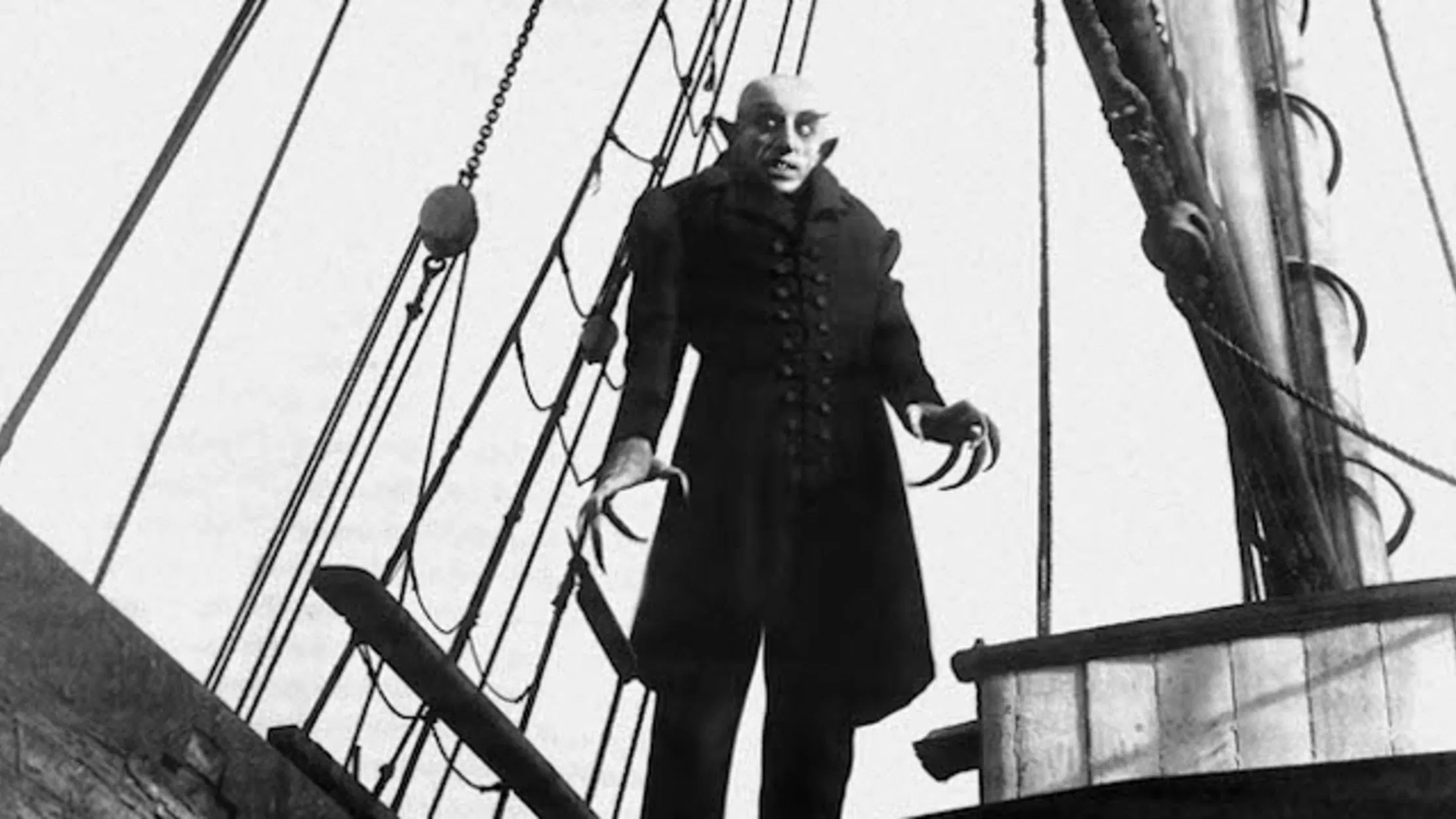European Cinema

European cinema is a vast, multifaceted landscape, stretching from the pioneering silent films of Germany to the audacious experiments of the French New Wave and beyond. From Nosferatu’s haunting shadows to Fellini’s sprawling urban visions, Europe has long shaped the language of cinema itself.
Countries like France, Italy, Germany, and the UK have offered stylistic revolutions—poetic realism, expressionism, neorealism, nouvelle vague—while Eastern Europe produced daring, politically charged cinema that questioned authority and identity. Iconic directors such as Jean-Luc Godard, Fritz Lang, Federico Fellini, and Andrzej Wajda have left indelible marks on global film culture.
Contemporary European cinema continues to evolve, blending tradition with bold experimentation. Directors like Paolo Sorrentino (The Great Beauty), Luca Guadagnino (Call Me by Your Name), and Alice Rohrwacher (Happy as Lazzaro) explore intimate human stories with stylistic audacity. At the same time, emerging voices from countries like Poland, Portugal, and Greece are challenging conventions and experimenting with form, making today’s European cinema as diverse, inventive, and inspiring as ever.